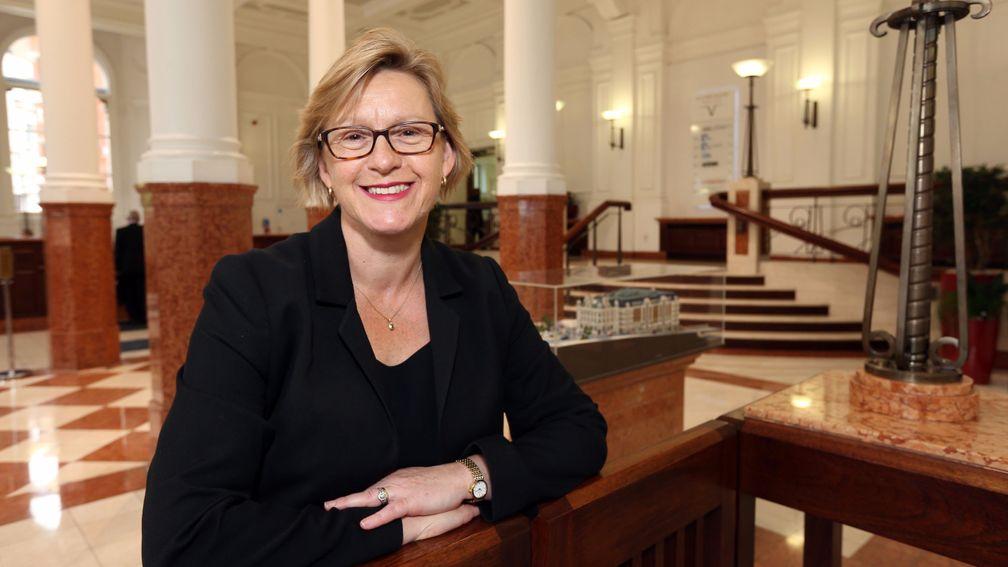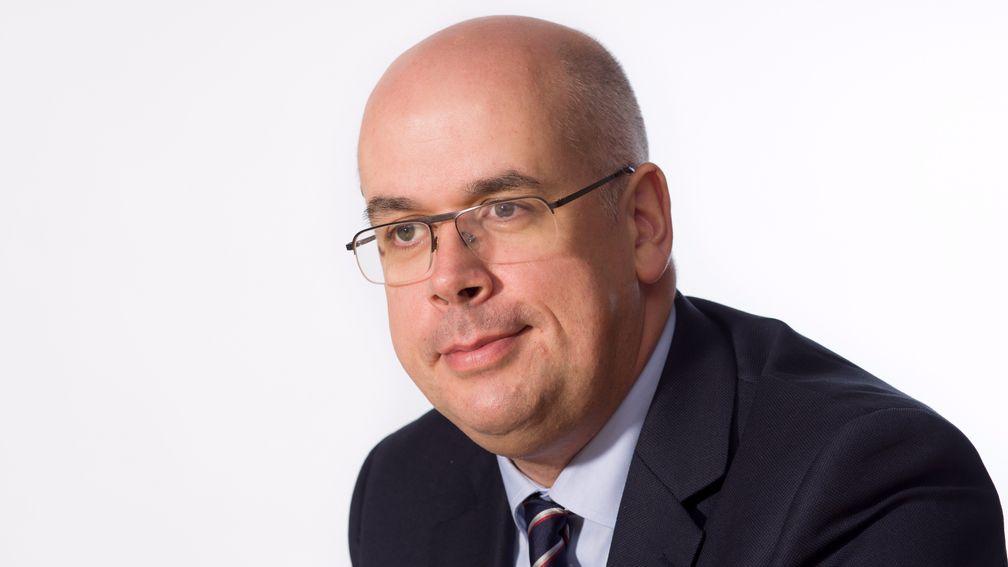Commission chief says 'tipping point' has been reached

The gambling industry has been warned that it has set the bar too low in treating customers fairly and that "change is now coming".
The stark words came from Gambling Commission chief executive Sarah Harrison, who warned operators they were reaching a tipping point and that some of their number could find their future "increasingly in peril".
Harrison made her comments in a speech to the regulator's annual Raising Standards conference in Birmingham on Tuesday.
At last year's event Harrison had stressed the need for operators to take action and not wait for a crisis that would shake customer trust in the industry.
"Did that happen?" Harrison asked. "Looking honestly at your businesses, with open minds, have you done enough? I think the need is more pronounced now than it has ever been, and the bald facts are that you haven't done enough to demonstrate to us that you’re there yet."
Harrison acknowledged operators had made progress in some areas.
However, she added that while public and political focus had been on fixed-odds betting terminals, the commission had been concentrating on online gambling.
She went on: "The bar has been set too low by operators in relation to identifying customers at risk and treating them fairly.
"The [commission's] strategy makes clear change is now coming. Fairness, transparency and harm-prevention are essential.
"Unreasonable behaviour and slow progress will not be accepted by us, by our partner organisations and certainly not by consumers."
Harrison said she wanted to work with the industry to reduce harm from gambling.
However, she added: "We are at a tipping point and those that do not share this commitment, those who do not deliver for the consumer, will find themselves in an uncomfortable position, with their future in this industry increasingly in peril."
The conference also heard the latest on the Competition and Markets Authority's (CMA) investigation of potentially unfair and misleading terms and practices in the remote gambling sector.
CMA project director George Lusty outlined six key concerns at the centre of their work so far, including lack of transparency and fairness around promotion and play restrictions, restrictions on withdrawals, the withdrawal of free bets and compulsory publicity and have told operators to stop some practices.
He added: "We were concerned a number of important terms placed significant restrictions on consumers' own funds, afforded operators a wide degree of discretion and exposed consumers to disproportionate sanctions."
William Hill and Ladbrokes Coral are among those in the process of undergoing CMA enforcement action, and Lusty revealed a decision was expected next month about whether they would proceed to court, or if the CMA could instead secure "acceptable undertakings to address our concerns".

Ladbrokes Coral chief executive Jim Mullen also spoke to the conference, telling the audience he believed the gambling sector needed tight regulation.
"Don’t mistake that for thinking I agree with everything that comes from Westminster or Birmingham, I don’t," he added. "But I do believe regulation has to be a pillar around which the sector is built."
Mullen, who acknowledged his company's recent £2.3 million penalty from the Gambling Commission and the ongoing CMA investigation, said the fierce competition within the sector had led operators to push boundaries and that the industry needed "a referee on the pitch".
He went on: "If I can be even bolder, I think it has to be a direct and forceful action as well.
"It needs to be the equivalent say of a yellow card. Why? Because the call for voluntary action sees too many take different approaches and move at different speeds.
"The result is uneven practice, customers getting differing levels of service on basic matters and a frustration from some players that others are getting away with it."
Members can read the latest exclusive interviews, news analysis and comment available from 6pm daily
Published on 21 November 2017inNews
Last updated 18:00, 21 November 2017
- 'It's a dream come true' - 18-year-old to follow in Khadijah Mellah's footsteps with ride in the Magnolia Cup
- Merci Olivier! No final winner for Olivier Peslier but the world of racing unites in saluting the end of a great career
- The latest edition of the Racing Post is available to read online now - here's how you can access it
- How Smart View recorded a 76 per cent profit at the Cheltenham Festival
- Smart View is available on the Racing Post app - how to read the revolutionary new racecard
- 'It's a dream come true' - 18-year-old to follow in Khadijah Mellah's footsteps with ride in the Magnolia Cup
- Merci Olivier! No final winner for Olivier Peslier but the world of racing unites in saluting the end of a great career
- The latest edition of the Racing Post is available to read online now - here's how you can access it
- How Smart View recorded a 76 per cent profit at the Cheltenham Festival
- Smart View is available on the Racing Post app - how to read the revolutionary new racecard